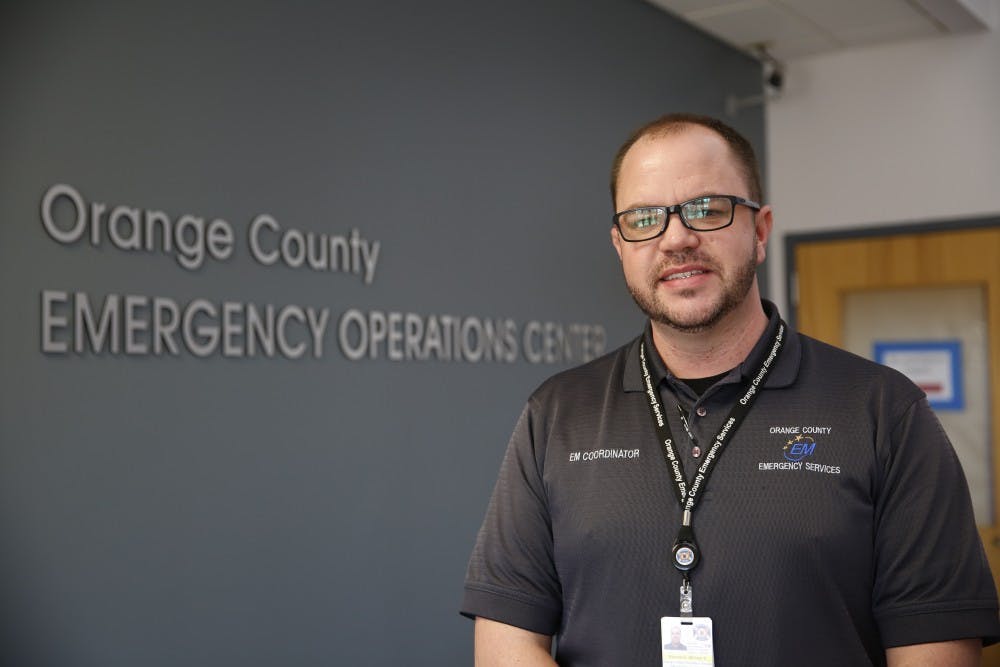CORRECTION: Due to a reporting error, an earlier version of this article included incorrect information about the funding FEMA has provided to Hurricane Florence survivors. More than $1 billion in federal funding has been provided to Hurrican Florence survivors in the state, including $556 million in FEMA flood insurance payments. For losses not covered by insurance, FEMA has provided $126 million in grants to 34,000 households for rental assistance, home repairs and other needs. Additionally, the article incorrectly stated that members of more than 800 households who are still receiving FEMA assistance for a hotel room or temporary travel trailer have been approved for assistance. They are not waiting for FEMA to process their applications. The story has been updated with the correct information. The Daily Tar Heel apologizes for this error.
The effects of the hurricanes that hit North Carolina this past fall did not go away with the New Year.
The official death toll of Hurricane Florence in North Carolina, including direct and indirect fatalities, is at 42 as of Jan. 25. The Federal Emergency Management Agency, North Carolina Department of Public Safety and nonprofits are still working to help survivors recover from the damage the hurricane caused.
“There are 153 applications for FEMA assistance in Orange County as of the 14th of January,” said Kirby Saunders, Orange County Emergency Management coordinator.
Saunders said he is not aware of any residents in Orange County affected by Hurricane Florence that have not received any aid at all, and that he thinks most people have either been helped or are waiting for their applications to go through.
According to the FEMA website, as of Dec. 6, homeowners and renters in Orange County received more than $226,000 in federal and state grants following Hurricane Florence.
“I do believe that there is a level of frustration, and rightfully so, because things do take a long time, so we worked very hard to bring things as close to normal as possible again,” said Kate Murphy, spokesperson for New Hanover County.
Murphy said a full recovery could take up to five years in Wilmington, based on precedents set by other communities recovering from disaster.
In order for a county to receive federal aid, the President has to declare a disaster declaration.




